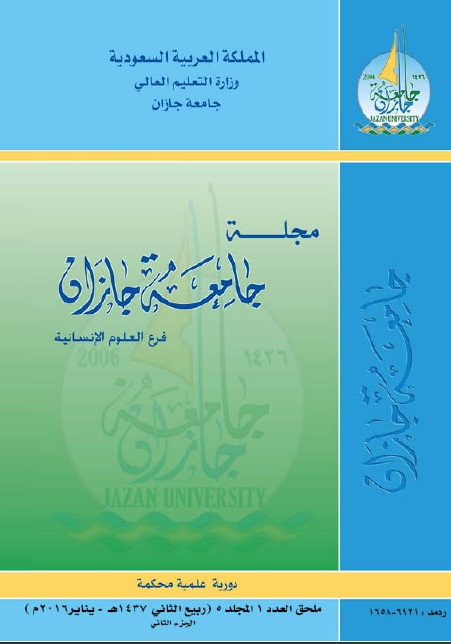Corporate Social Responsibility in the international law and Islamic Jurisprudence
Keywords:
Corporate Social Responsibility, corporate responsibility, the Global Compact of the United Nations, human rights, worker rights, preservation of the ndowEnvironment, combating corruptionAbstract
The role of the traditional corporate, represented to achieve profit, had changed to another role most important, the corporate became contribute to the development of society and became interested in the environment, human rights, worker and improve working conditions, and this change happened because of huge violations and abuses of corporate in the field of human rights and the environment. Therefore, the United Nations made the initiative to establish the Global Compact which contains ten principles which concerned with the environment, human rights, labor standards and anti-corruption, UN urges all corporate over the world to apply the ten principles, in order to reduce the manifestations of globalization, corruption and gross violations of human rights, the rights of workers and the environment. The Islam, since his appearance, before about more than fifteen centuries, had established these principles in its provisions, even it increased them and make them an integral part of its legislation. Therefore, this study seeks to shed light on the ten principles of the Global Compact of the United Nations and its conformity with the provisions of Islamic jurisprudence. It also seeks to know the legal concept of social responsibility from the perspective of the Global Compact of the United Nations and Islamic jurisprudence, and finally trying to contextualize corporate social responsibility in Islamic jurisprudence similar to the ten principles of the Global Compact of the United Nations
Downloads
Downloads
-
PDF (Arabic)
11
0
Published
Issue
Section
License
Copyright (c) 2024 CC Attribution 4.0

This work is licensed under a Creative Commons Attribution 4.0 International License.





